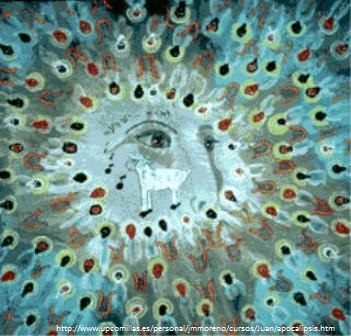Distortion, Messianism, and Apocalyptic Time in The Satanic Verses
DOI:
https://doi.org/10.13130/2035-7680/2993Palabras clave:
Apocalypse, Modernism, Migrant, Post, RevelationResumen
Salman Rushdie’s novel The Satanic Verses presents its readers with a striking perspective on apocalypse. Taking place in the context of a modernist, migrant worldview, this apocalypse works to unsettle its participating characters by teaching them how to create a world in which they might someday belong. Though often defined as destructive, the apocalypse as I define it involves a reaching for or gesture towards the impossible, which the Verses achieves through massive temporal distortion. Linear time finds itself subverted; characters’ narratives speed up or slow down, forcing them to question their various adventures in 1980s London. Rushdie’s protagonist Saladin Chamcha re-grasps and reinvents his world; his other protagonist, Gibreel Farishta, does not. For one man, apocalypse becomes a means of empowerment; for another, it develops into a black hole. Unlike real black holes, however, Rushdie’s apocalypse does not kill all who venture into it, but instead stretches its hardiest entrants both emotionally and intellectually before dropping them into a new universe. Apocalypse and the post-apocalyptic are not therefore to be feared but to be reached for: worthy achievements for those individuals who can survive the risk, the compression, and the disorientation to emerge in a ‘post’ that is not a wasteland but a realm of ceaseless energetic creation—a realm which allows migrants to construct for themselves better lives in the 21st century world.




